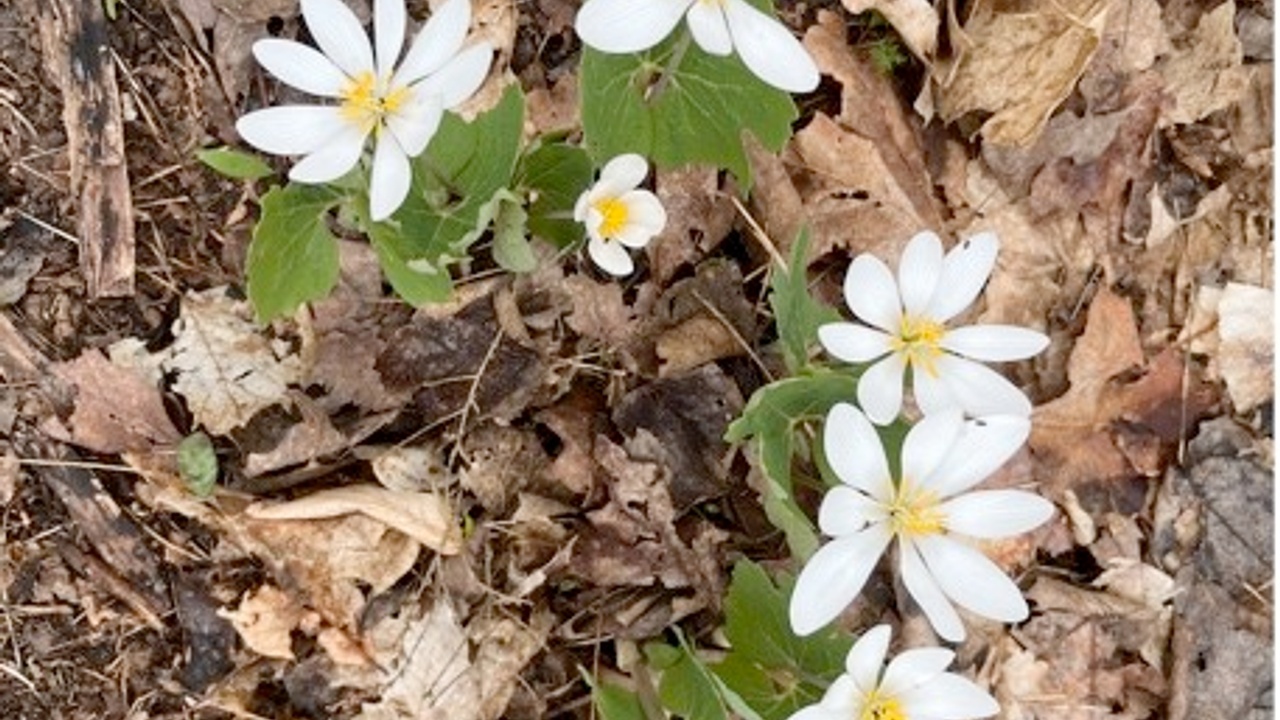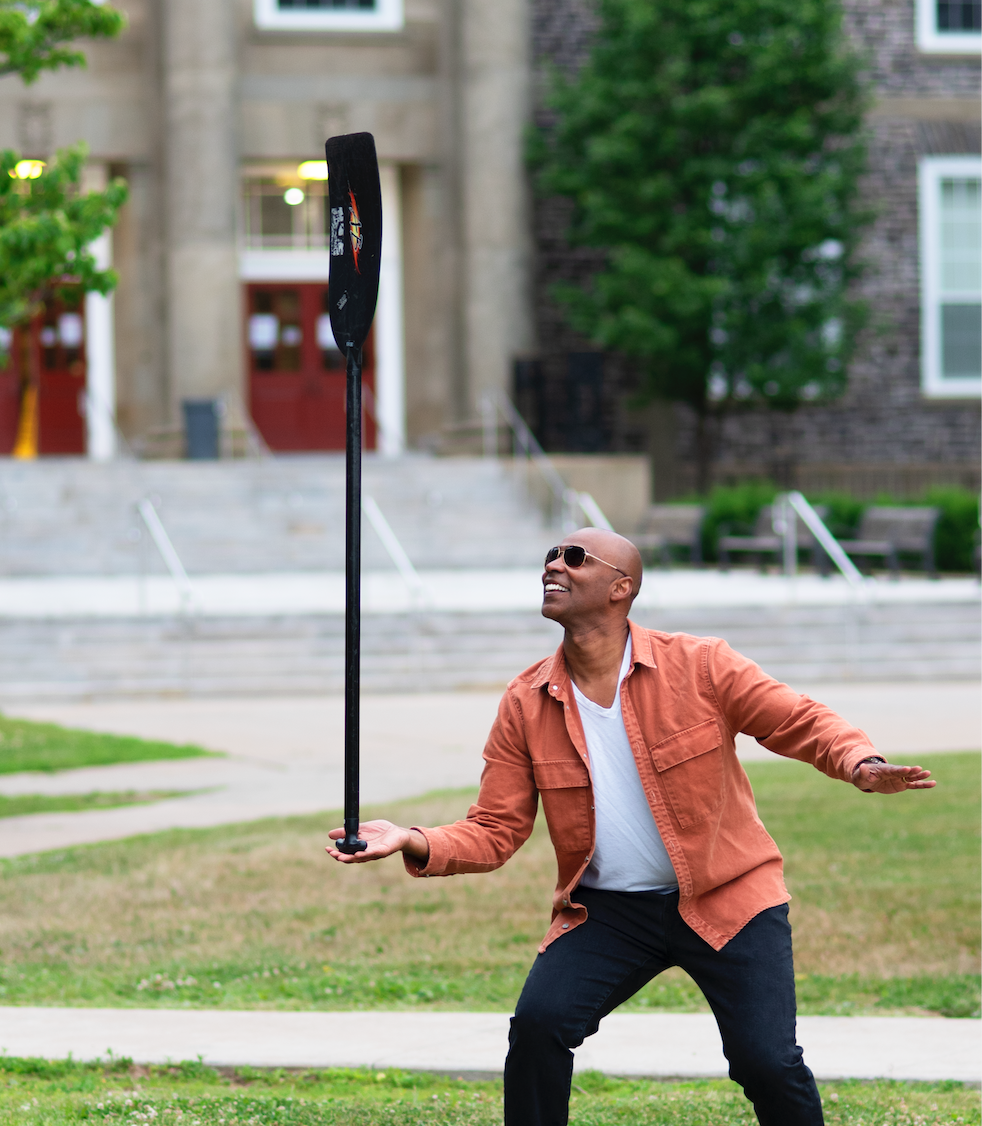Spring is for Hope and Optimism
May 03, 2022
In the last six months, I have noticed a gradual erosion of hope and optimism in myself and many people around me. From the complexities of COVID protocols to the disequilibrium of the Great Resignation to mounting geopolitical issues, it’s getting hard to sustain a positive outlook.
For me, being a source of hope and optimism is a professional preoccupation. It’s a defining feature of my approach to work. It’s something I teach, coach and speak about. And it’s important to me – as a child of immigrants – to sustain an appreciation for the opportunities I have here in Canada. When I fall into a negative view, it feels disrespectful to immigrant families in general and seems like disregarding what my parents went through when we emigrated from our native Guyana. I don’t view hope and optimism as a nice thing to have. I view them as an identity marker and an obligation.
I have been fortunate during this pandemic to have had a coveted position at Wilfrid Laurier University. Here, I am a part of a community that is passionate about creating exceptional student experiences. I work with remarkable people who believe in what we do, and I have a daily opportunity to live my passion for ensuring that every student feels like they matter and belong.
However, this past January my sense of hope and optimism began to wane.
I’d be doing chores around the house and realize I was dreaming of going back to being a soccer coach. On several occasions, I grumbled to my wife that my job was feeling like a complaints department. I had shifted my attention to a small number of people and issues that are dismal. And I found myself thinking of my work as a meme: “What other people think I do” (a party planner), “What I think I do” (having a generational impact on families), and “What I actually do” (walk behind the elephants in a parade with a scoop).
After a couple of weeks in this mode, I asked myself, “If I’m feeling this way, what must other people be experiencing?” I connected with some colleagues and friends I trust and shared what I was going through. Turns out, it wasn’t just me. Many people were experiencing a subtle – or not so subtle – downturn in mood and perspective.
Given that I teach positive self-talk and thinking for a living, I gave myself two assignments. One, research and experiment to kickstart my own mojo. Two, share what works with others. I committed to recovery. Just the other day I took this photo of the first flowers of 2022 in the forest where I am taking early morning walks to cherish the lengthening daylight, breathe the fresh outdoor air and move my body that has been at rest for too long.
Here are four techniques you can use to reconnect with your hope and optimism.
#1. What we focus on is what we get.
We have to be intentional about our attention. If we allow our mental time and energy to be taken hostage by toxic individuals and the messy parts of institutional life, we will slowly become cynical and jaded. Yes, those parts of our work exist and always will. But you don’t need to give them any more attention than is needed. Deal with them expeditiously.
#2. Invest in relationships
Friendships matter. Don’t be so busy working – or stewing in your own frustrations – that you ignore close relationships. I’m talking about people who know you authentically and make it safe for you to be vulnerable. People who remind you who you are, and who are willing to call you out when you’re wrong. Make time to connect with people who are deeply, personally and unconditionally invested in your well-being.
#3. Find your flow
When life gets busy and complex, it can be easy to drift away from activities that recharge us. Where possible, make some time to put yourself into flow, – and by this I mean psychologist Mihaly Csíkszentmihályi’s concept of a timeless state of complete absorption in a task. Whether it’s a sport, hobby or project, go do that thing that will help you disconnect and pumps you up.
#4. Thank a Mentor
Nobody got here alone. Somebody helped. Whether they opened a door or gave us wise counsel, someone helped make our current life possible. Taking the time to reconnect with a mentor has been shown to have positive effects on building hope and optimism. It reminds us of how far we have come, and it reassures us that we genuinely can impact each other’s lives.

Losing track of why we do what we do, or losing sight of the impact we can have, drains our sense of hope and optimism. We need to be proactive. With some intentionality – and an unwavering belief that everything is better when we go through it together – we can move forward from these years with a newfound sense of what’s possible.


